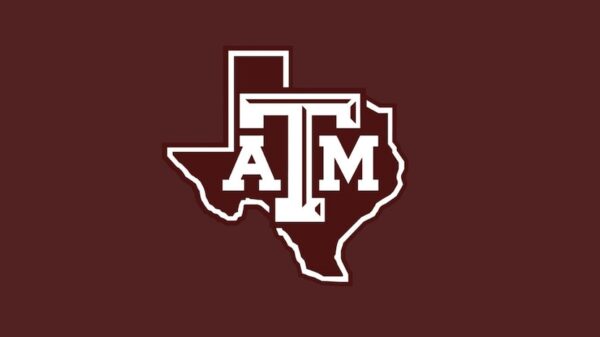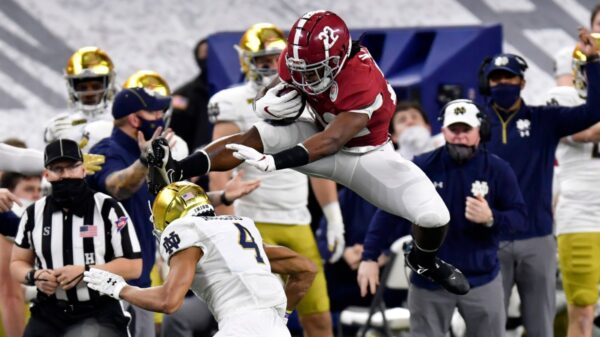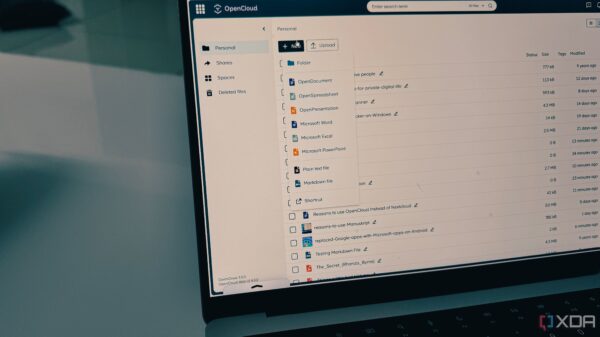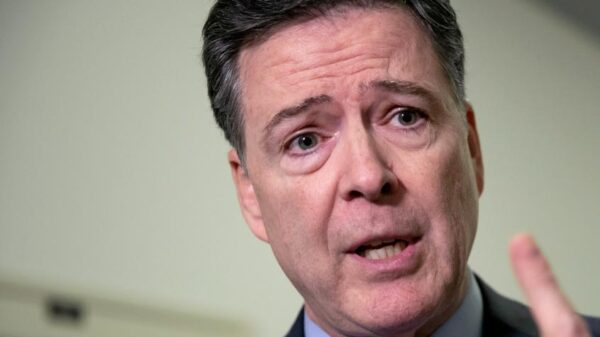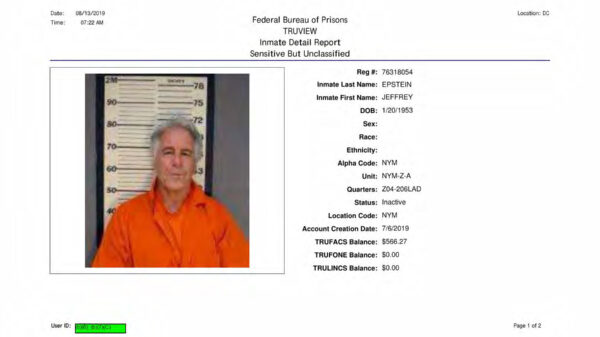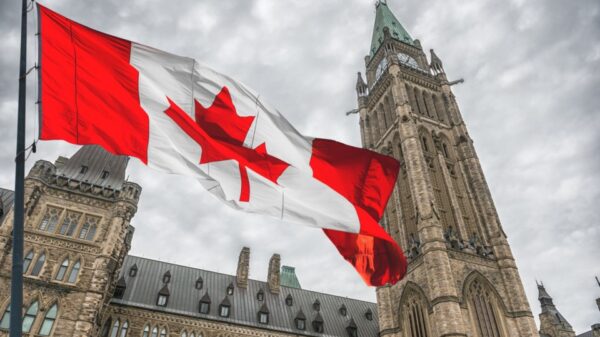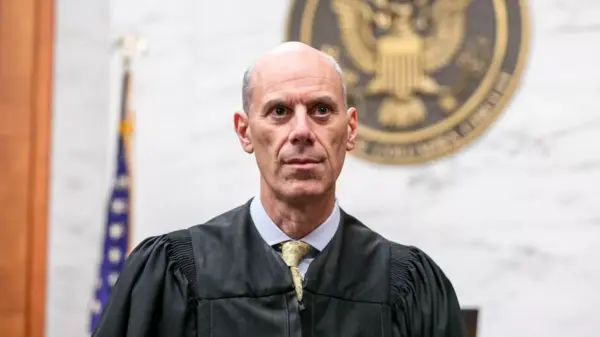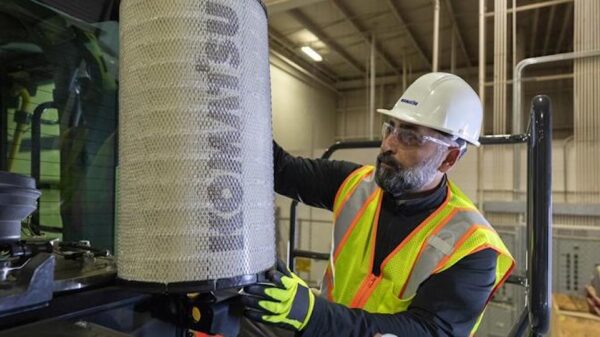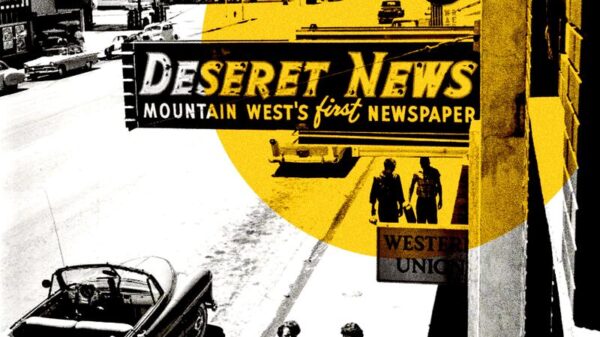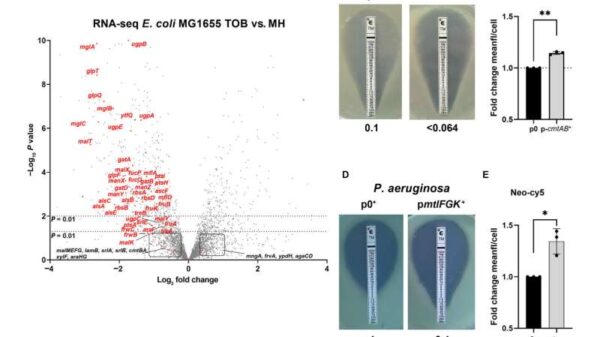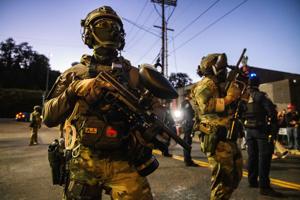Members of the Texas National Guard have arrived at an Army training center in Illinois, marking a significant development in the Trump administration’s strategy to deploy troops to urban areas, including Chicago. This move comes despite ongoing legal challenges and strong opposition from several Democratic elected officials who have publicly condemned the decision.
The deployment has drawn sharp criticism, particularly from local leaders who argue that the presence of military personnel is unnecessary and may escalate tensions in the city. They assert that such actions could undermine community trust and exacerbate existing issues related to policing and public safety.
As part of this initiative, approximately 200 National Guard members are being prepared for potential deployment to the Chicago area. The administration claims that the troops will assist local law enforcement in combating violence and maintaining order. However, critics argue that deploying military forces in a civilian context raises serious concerns about the militarization of police and the erosion of civil liberties.
Illinois Governor J.B. Pritzker has been vocal in his opposition to the deployment, emphasizing that state and local resources should be sufficient to address any public safety concerns. “We are capable of managing our own affairs without federal intervention,” he stated. Governor Pritzker’s administration has filed a lawsuit challenging the legality of the troop deployment, arguing that it violates state sovereignty and undermines local governance.
The Chicago Police Department has also expressed reservations about the involvement of the National Guard. Although some officials believe that additional support could be beneficial, others fear that it may complicate ongoing efforts to reform policing practices and improve community relations.
This deployment aligns with the broader trend of the federal government increasing its presence in urban centers, particularly in response to protests and civil unrest. The Trump administration has justified these actions as necessary for restoring order, but many see it as a politically motivated maneuver aimed at bolstering support among certain voter demographics ahead of the upcoming elections.
As the situation develops, the implications of this deployment will become clearer, particularly how it affects community dynamics and law enforcement strategies in Chicago. Observers will be watching closely to see how local officials respond and whether the legal challenges succeed in altering the course of this federal action.


